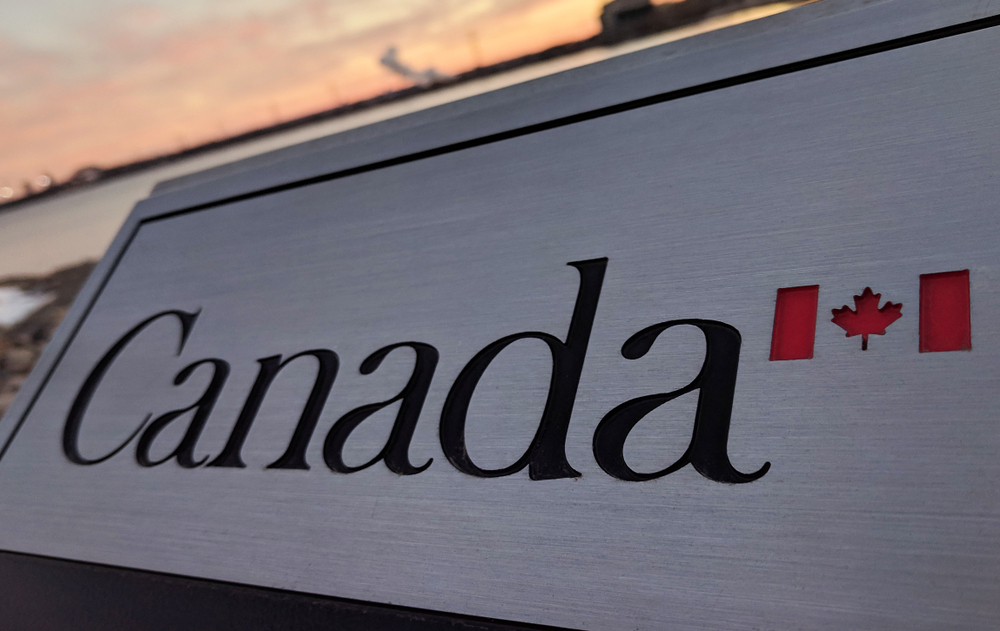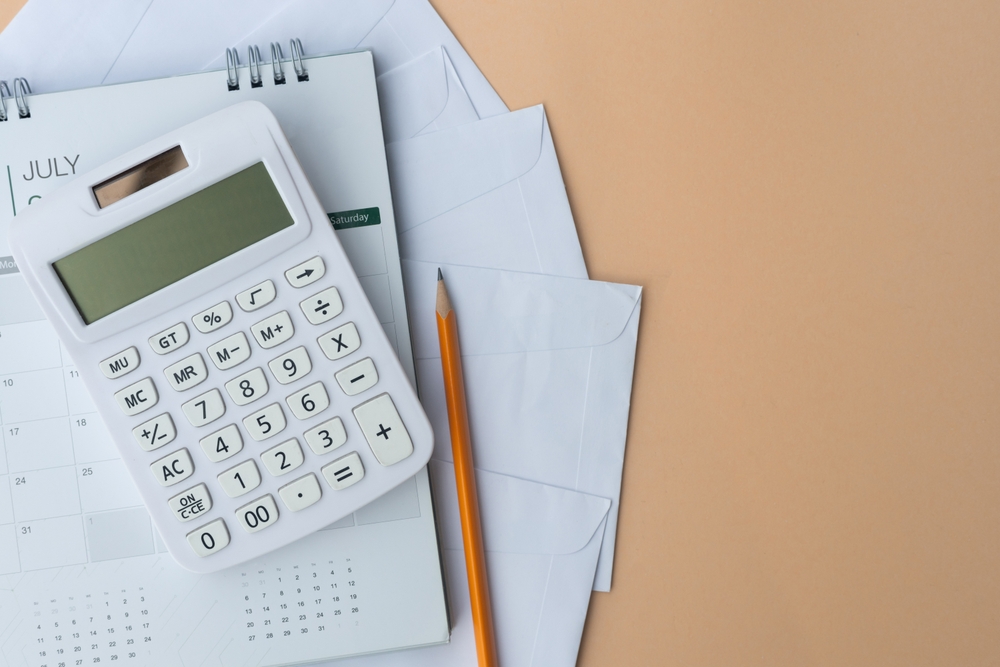Key Takeaways
Credit
The key attractions of credit cards are also the very reason why people can get into deep debt. Credit cards offer rewards, air miles, and warranties and the ability to deal with the payment later, whereby the more you spend, the more rewards you earn. There is no other system that encourages and rewards spending. The problem is that these bonuses can cost you much more if, for somehow, you do not pay your account in full when due. Most of us have good intentions of paying on the due date when making a purchase, but many face higher costs of being unable to follow through. Unexpected expenses (including medical expenses), sudden job loss, excessive use of credit, and divorce/separation can easily affect your ability to pay your credit card debt.
Paying by credit card is accepted for nearly every possible consumer purchase, including online, in the U.S. and internationally, and for much higher limits than those available on debit cards. Paying by credit also provides protections against fraud, theft, and unauthorized merchant transactions since you are dealing with a third-party intermediary.
While credit cards have benefits and they can help you build a good credit score, they can also damage your credit rating. If you have a poor credit rating, it will be very difficult to obtain a loan with favourable terms. Having a poor credit rating can affect your financial flexibility for many years.
Debit
Debit offers the convenience of not carrying cash and the safety spending only the funds you have available. Debit is useful for daily small purchases for funds you already have in your account. Because the funds are immediately transferred from your bank account, you can know if you are low on funds (either by signing up for email notification of low funds or by checking your bank app on your mobile device). You can essentially have a warning system if you are about to spend beyond your available balance.
Although not as paralyzing as credit cards can be, it is still easy to get caught up in spending on your debit card, especially if you don’t think much about how you will pay. When you use debit instead of cash, small purchases can add up quickly and you can end up spending more than you planned. The transactions that accumulated might not have had you been paying with cash.
Perhaps the greatest drawback of using debit is that your loss could be unlimited if you become a victim of theft or fraud. There is no intermediary responsible for transactions between you and the retailer like the way there is with credit cards. While security measures such as the use of microchip technology (also known as smart card technology) have been highly effective in reducing fraud, if someone uses your card fraudulently, you could be immediately responsible unless the loss can be shown to result from circumstances beyond your control and you cooperate in any subsequent investigation.
A further drawback of debit cards is they are not without costs. While they do not have annual fees, late fees, or interest charges like credit cards, financial institutions charge fees for debit transactions (e.g., $.50 -$1.50) in their basic bank plans. Some charge only if you exceed a basic amount (e.g., 5-10 transactions) or they charge a flat monthly fee (e.g., $10-$20/month) for unlimited transactions. Some merchants also charge a convenience fee or surcharge when you use your debit card to make a purchase or they require that you make a purchase above a set amount (e.g., $10) in order to waive the fee.
Read our guide – Can I keep my house and car if I go bankrupt?
Cash
Cash has been used for centuries and is the simplest form of payment around. Perhaps the biggest advantage that paying by cash has overpaying by credit or debit is that it is psychologically harder to part with funds when they are in cash form, especially in larger bills. This is advantageous if you are trying to cut down on your spending. You may end up spending less if you commit to withdrawing a certain amount every two weeks, based on a calculated budget. If you pay for goods and services using only cash, you do not spend more than you have available. If you don’t have money in your wallet, you will be less likely to be tempted to make a purchase by having to find an ATM.
Like the other payment options, paying by cash has some disadvantages. One concern is the risk of losing your cash or being robbed at the ATM or elsewhere, with no recourse available. You will not want to risk carrying larger amounts than you may need, so you will need to refill your supply of cash often and may forget when you are out of cash. You could also be tempted to withdraw more than you budgeted for added convenience.
Cash also lacks some practicalities. Cash cannot safely be used for anything but small purchases, and it cannot be used to shop online or used practically for bill payments. Cash should never be sent in the mail, and it cannot be used outside of Canada and so it must be exchanged, usually at higher rates than on credit cards.
Using cash is not exactly free either. Your bank may charge for each transaction in and out of your account at the teller if you do not purchase a monthly bank plan. There are likely no extra fees if you withdraw from your bank’s ATM, but if you use another bank’s ATM, you can expect to pay at least $1.50, and up to $7.00 in administration fees to use a private ATM terminal.
Choosing What’s Best for You
Whether you choose to pay with credit, debit, or cash may be a personal preference, as there are advantages and drawbacks of each. In some situations, you may not have a choice in how you pay, but you should always keep some cash with you for basic needs (especially if cards are not accepted or temporary technical problems make those payment methods impossible). It is important to read the fine print of individual account options before agreeing to use those services.
In the end, you may opt to continue using all three payment forms, but strive to use some more than others. At Harris & Partners Inc., Trustee in Bankruptcy, we offer debt solutions in North York, Toronto , Barrie, and multiple other locations. We recommend that you employ some caution when using credit, debit, and cash.










